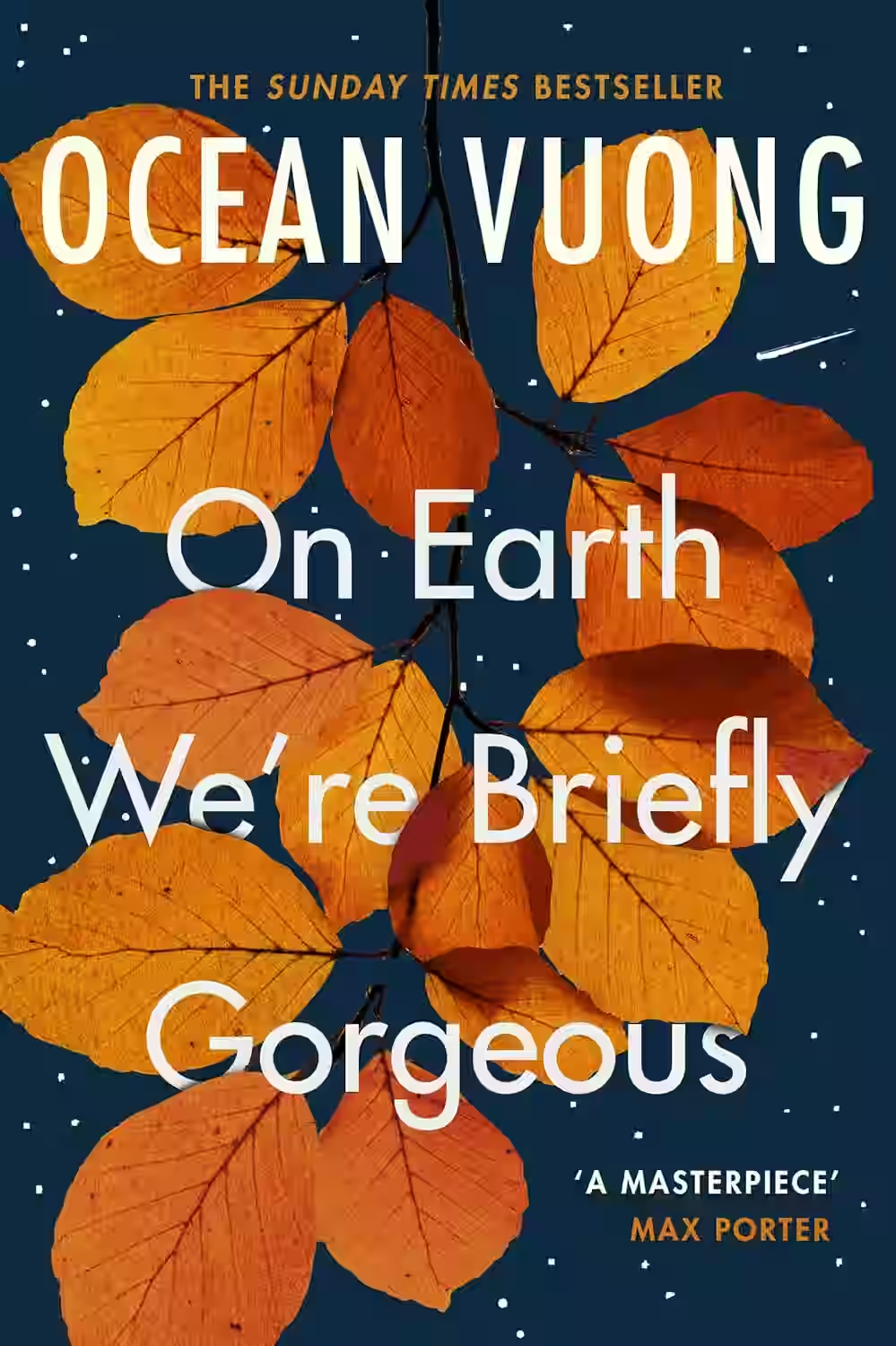
Louisa May Alcott's 'Little Women' is a timeless classic that follows the March sisters - Meg, Jo, Beth, and Amy - as they navigate love, loss, and the trials of growing up during the Civil War era. Through their individual journeys, the novel explores themes of sisterhood, feminism, societal expectations, and the pursuit of one's dreams. Jo, in particular, stands out as a resilient and ahead-of-her-time character, challenging traditional gender roles. Alcott's beautiful and poignant writing style draws readers into the March family's world, evoking both laughter and tears. 'Little Women' remains a beloved coming-of-age story that continues to inspire readers of all ages.
About Louisa May Alcott
Louisa May Alcott (1832-1888) was an iconic American author known for her timeless novel 'Little Women' which has captured the hearts of readers worldwide. Born in Germantown, Pennsylvania, Alcott was raised in Massachusetts in a progressive and intellectual environment, surrounded by prominent literary figures like Ralph Waldo Emerson and Henry David Thoreau. Initially writing sensational stories to support her family financially, Alcott found immense success with 'Little Women,' a semi-autobiographical tale of four sisters navigating adolescence, love, and loss. Beyond her literary achievements, Alcott was a fierce advocate for women's rights and social reform, leaving a lasting impact on American literature.
Similar Books

Extremely Loud and Incredibly Close
Jonathan Safran Foer's "Extremely Loud and Incredibly Close" is a poignant and innovative exploration of grief, loss, and resilience in the aftermath of tragedy. The story follows nine-year-old Oskar Schell as he navigates the complexities of his father's death in the 9/11 attacks. Through Oskar's journey to unlock the mystery behind a key he discovers in his father's belongings, readers are taken on a heart-wrenching yet uplifting exploration of human connection, love, and the search for meaning amidst chaos. Foer's unique use of visual storytelling elements and fragmented narrative style adds a layer of depth to the narrative, making it a truly unforgettable read.

Brideshead Revisited
by Evelyn Waugh
Evelyn Waugh's 'Brideshead Revisited' masterfully captures the essence of nostalgia and the complexities of class and religion in early 20th-century England. The novel follows Charles Ryder, an artist and army officer, as he reflects on his youth and intricate relationship with the aristocratic Flyte family. At its core, it is a poignant exploration of faith, love, and memory, set against the backdrop of the opulent Brideshead Castle. Through Waugh's lyrical prose, the narrative scrutinizes the decline of the British aristocracy and the relentless march of modernity. With its richly drawn characters and a profound sense of loss, it remains a classic meditation on the passage of time and the enduring pull of the past.

The Heart's Invisible Furies
by John Boyne
Cyril Avery isn’t a real Avery—or so his adoptive parents insist. Born to a teenage girl shunned by her Irish village, Cyril is adopted by eccentric Dubliners through the help of a hunchbacked nun. Growing up feeling like an outsider, he clings to his friendship with the charismatic Julian Woodbead, even as life sends him through decades of upheaval, love, loss, and self-discovery. Spanning Ireland from the 1940s to the present, The Heart’s Invisible Furies is a sweeping, emotional journey of identity, belonging, and resilience. With humor and heartbreak, John Boyne crafts a deeply human story of redemption and hope.

On Earth We're Briefly Gorgeous
by Ocean Vuong
Ocean Vuong's 'On Earth We're Briefly Gorgeous' is a remarkable and poignant exploration of identity, family, love, and the complexities of human connections. The novel is written as a letter from a son to his illiterate mother, delving into their shared history as Vietnamese immigrants in America. Vuong's lyrical prose weaves together themes of trauma, queerness, and generational trauma with breathtaking beauty and raw honesty. Through vivid imagery and poetic language, the book captures the struggles of navigating cultural divides and the search for acceptance and understanding. 'On Earth We're Briefly Gorgeous' is a deeply moving and profound work that lingers in the reader's mind long after the final page.